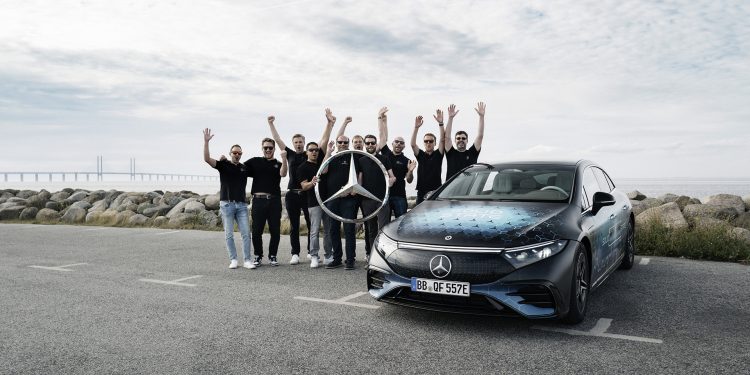Solid-state battery tech is edging closer
Words NZ Autocar | Images Mercedes-Benz
A Mercedes-Benz EQS fitted with a solid-state battery pack has travelled 1200km without requiring a recharge. That marks a milestone in the development of the technology.
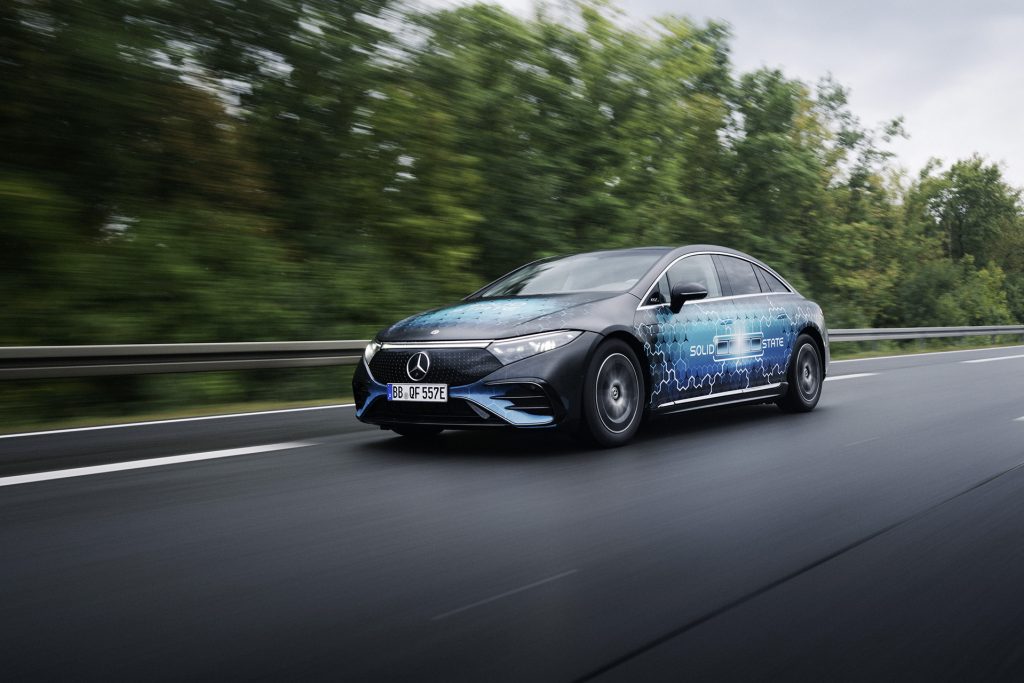
Mercedes engineers drove the modified EQS from the firm’s headquarters of Stuttgart, Germany, to Malmö, Sweden. The occupants reckon there was 136km of range remaining following the journey. It is unclear what the average speed was, and nor was the time taken reported.
The engineers plotted a slightly longer course than normal avoiding unwanted obstacles and ferry crossings. That extended the drive by more than 160km.
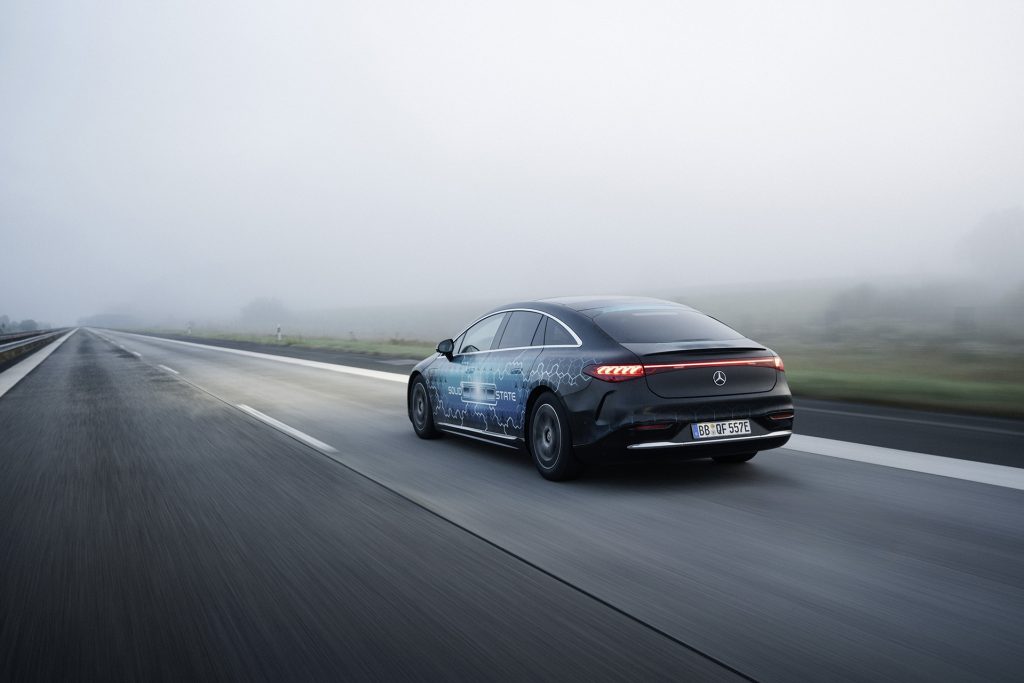
The car’s solid-state battery uses cells from Factorial Energy while the pack was designed in collaboration with Mercedes’ F1 base in Brixworth, Northamptonshire.
Its size and weight are evidently similar to those of a standard EQS lithium-ion pack. That offers around 770km of range. The energy capacity of the SS pack is said to be 25 per cent better.
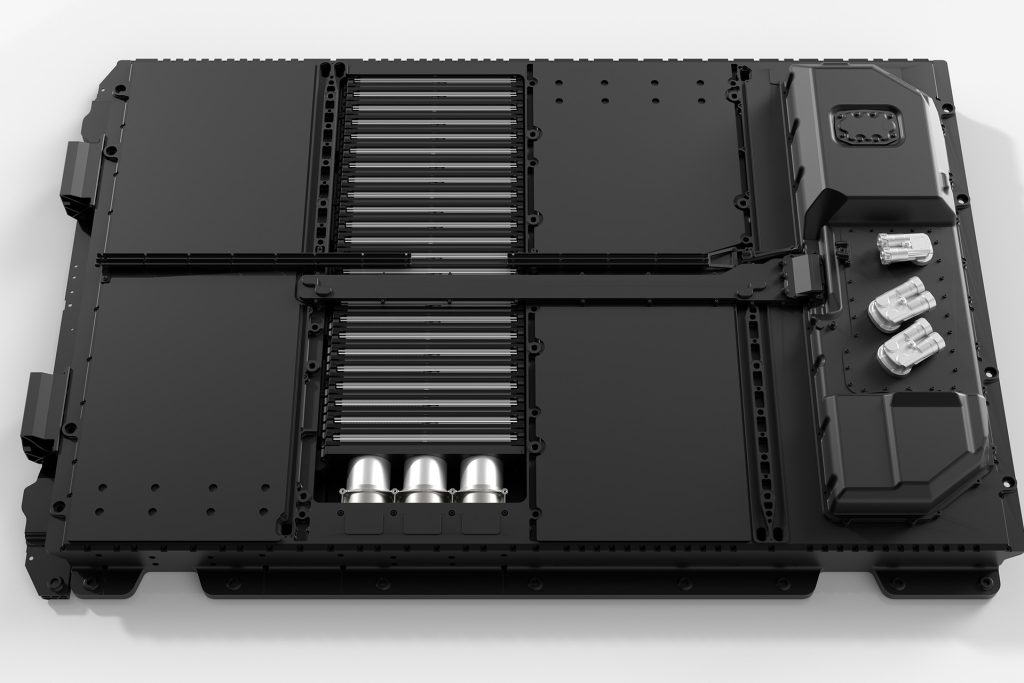
The battery pack employs a floating cell case with pneumatic actuators. The idea is that they manage the expansion and contraction of the cells in operation, improving their stability and longevity.
Mercedes had previously expected the new pack to improve the car’s range to around 1000km.
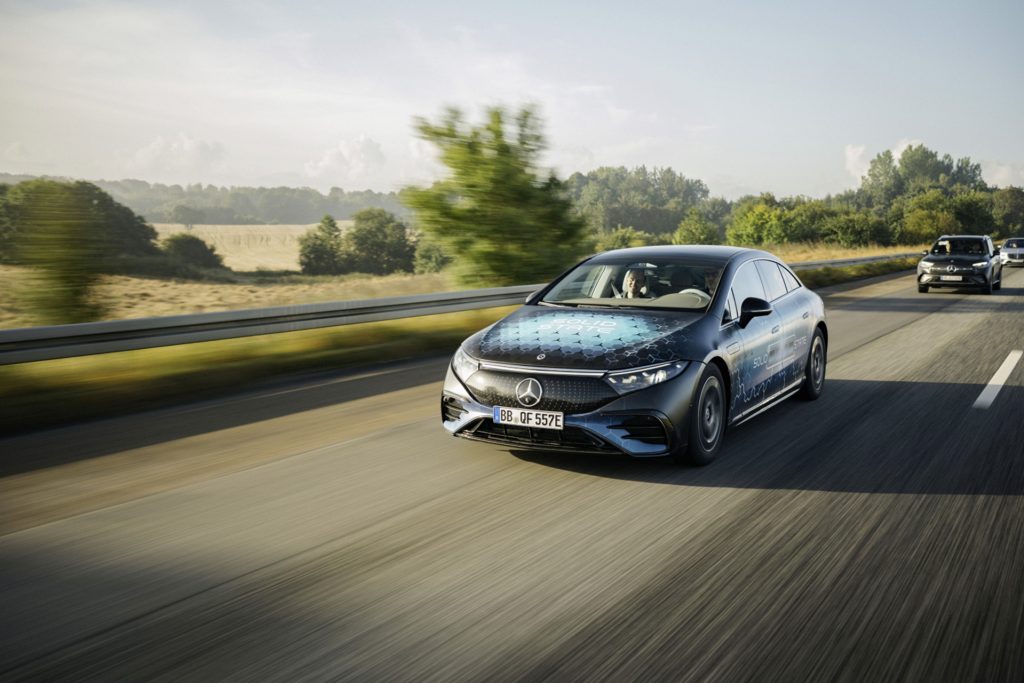
Chief technology officer Markus Schäfer reckons the technology is a “game changer”. The test drive shows how it can deliver “a new level of range and comfort” for EVs.
Mercedes wants to bring solid-state batteries to market before 2030. That matches the timeline quoted by the Volkswagen Group, which unveiled its solid-state prototype at the Munich motor show. Rather than testing the technology in cars, it is initially running them in an electric race bike built by Ducati. The Italian bike maker is owned by Audi.


